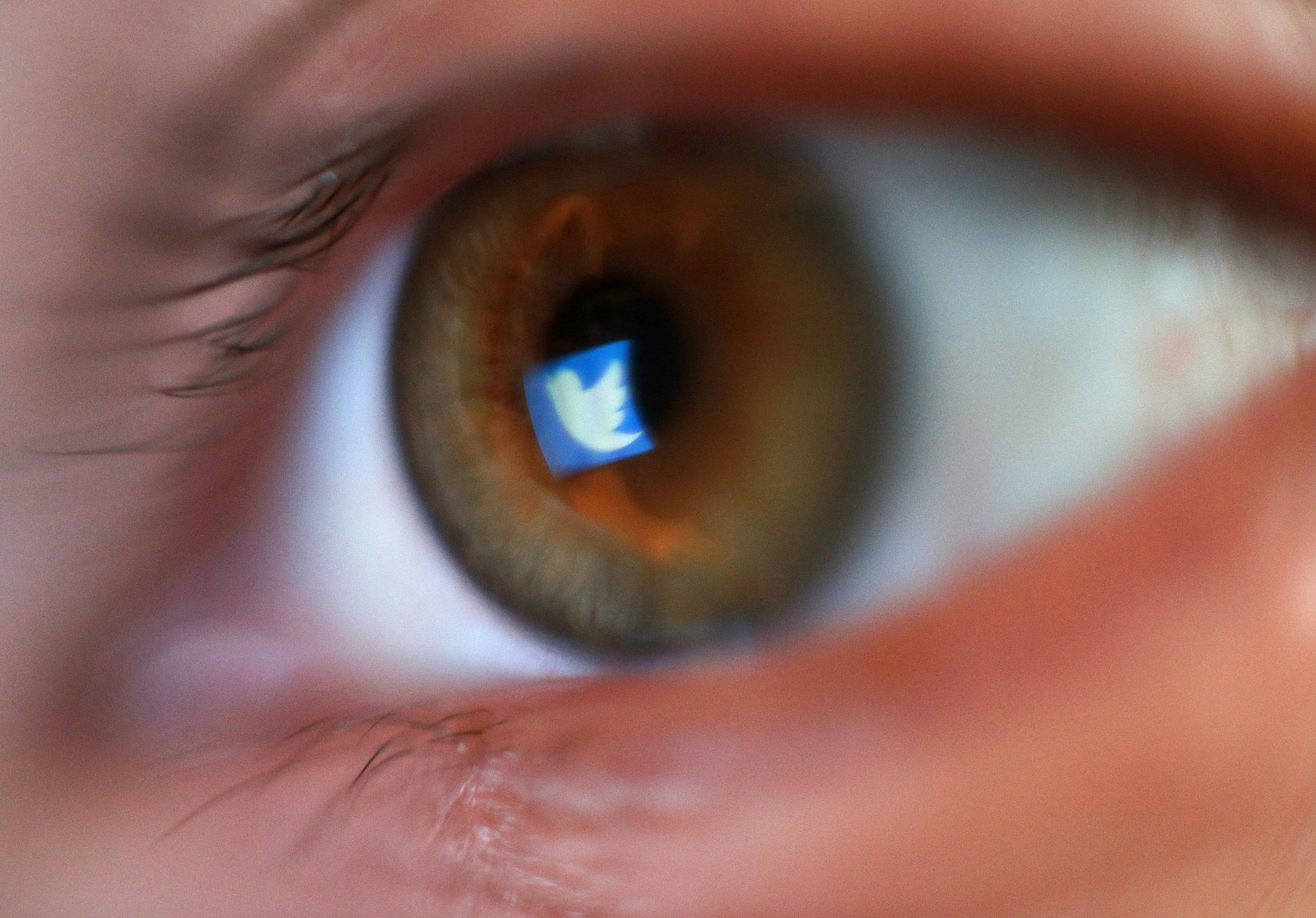
Elon Musk must take down the “coordinated armies of bot accounts” on Twitter that disrupt genuine debate if he truly wants to make the platform about free speech, the chair of the Joint Committee on the draft Online Safety Bill has said.
Tory MP Damian Collins said the billionaire needed to follow through on his pledge to support free speech on the site and “defeat the spam bots” after it was confirmed he had agreed a £34.5 billion deal to take over the platform.
Mr Collins is a prominent figure in scrutinising the tech sector, having led a joint committee of Parliament in examining the Online Safety Bill, the Government’s proposed new rules for safety on the internet.
“Elon Musk calls Twitter the digital town square, but it has become a place where free speech is drowned out by coordinated armies of bot accounts spreading disinformation and division,” he said.
“Twitter is a place where many users feel inhibited from expressing themselves, because of the hate and abuse they will receive.
“This digital town square is currently not a place of genuine debate, but a forum where campaigns, sometimes backed by agencies of the Russian state, seek to game Twitter’s algorithms to promote their world views and suppress any voices which dissent from it.”
“If Elon Musk wants to really make Twitter about free speech, he will need to clean up the digital town square.”
Reaction to Mr Musk’s proposed takeover has been mixed, with some industry experts, academics and even users of Twitter raising concerns about the Tesla’s boss’ stance as a “free speech absolutist” and whether this could mean a loosening of content moderation rules.
But Twitter founder Jack Dorsey has welcomed the takeover, calling it the “right path” for the company and hailing the decision to let Mr Musk take the social media platform into private ownership and away from the ad model and Wall Street.
“In principle, I don’t believe anyone should own or run Twitter,” Mr Dorsey said.
“It wants to be a public good at a protocol level, not a company.
“Solving for the problem of it being a company however, Elon is the singular solution I trust. I trust his mission to extend the light of consciousness.”
Downing Street said that “regardless of ownership, all social media platforms must be responsible”.
“That includes protecting users from harm on their sites,” the Prime Minister’s official spokesman said, adding that Twitter was an “important tool” and that the Government would “continue to work with them to make sure it continues to improve”.
But online safety campaigners have warned that any change to content moderation could have a “chilling effect” on child safety on the site.

Andy Burrows, the head of child safety online policy at children’s charity the NSPCC, said urgent clarity was needed over what approach a Musk-led Twitter would take to tackling online abuse.
“There’s a huge difference in outcomes between a platform that tackles online sexual abuse versus meeting basic legal requirements,” he wrote in a tweet.
“It’s too early to draw conclusions but the headwinds point to a chilling effect. Proper regulatory guardrails have never felt more important.
“The tension between libertarian points of view & tackling illegal behaviour isn’t new, but is pressing.
“Would Twitter still scan for child abuse in DMs (direct messages)? If the Online Safety Bill prevents Ofcom from proactively requiring it, where are we?”
Elsewhere, The Good Place actress and campaigner, Jameela Jamil, was among those who said they would leave the site in the wake of the deal.
“I fear this free speech bid is going to help this hell platform reach its final form of totally lawless hate, bigotry, and misogyny. Best of luck,” she said.
The names of other, smaller social media platforms have also trended on Twitter since the announcement as users debated whether to move to alternative sites.
Mr Musk tweeted on Tuesday afternoon, saying: “The extreme antibody reaction from those who fear free speech says it all.”
He later added: “By “free speech”, I simply mean that which matches the law.
“I am against censorship that goes far beyond the law.
“If people want less free speech, they will ask government to pass laws to that effect.
“Therefore, going beyond the law is contrary to the will of the people.”







